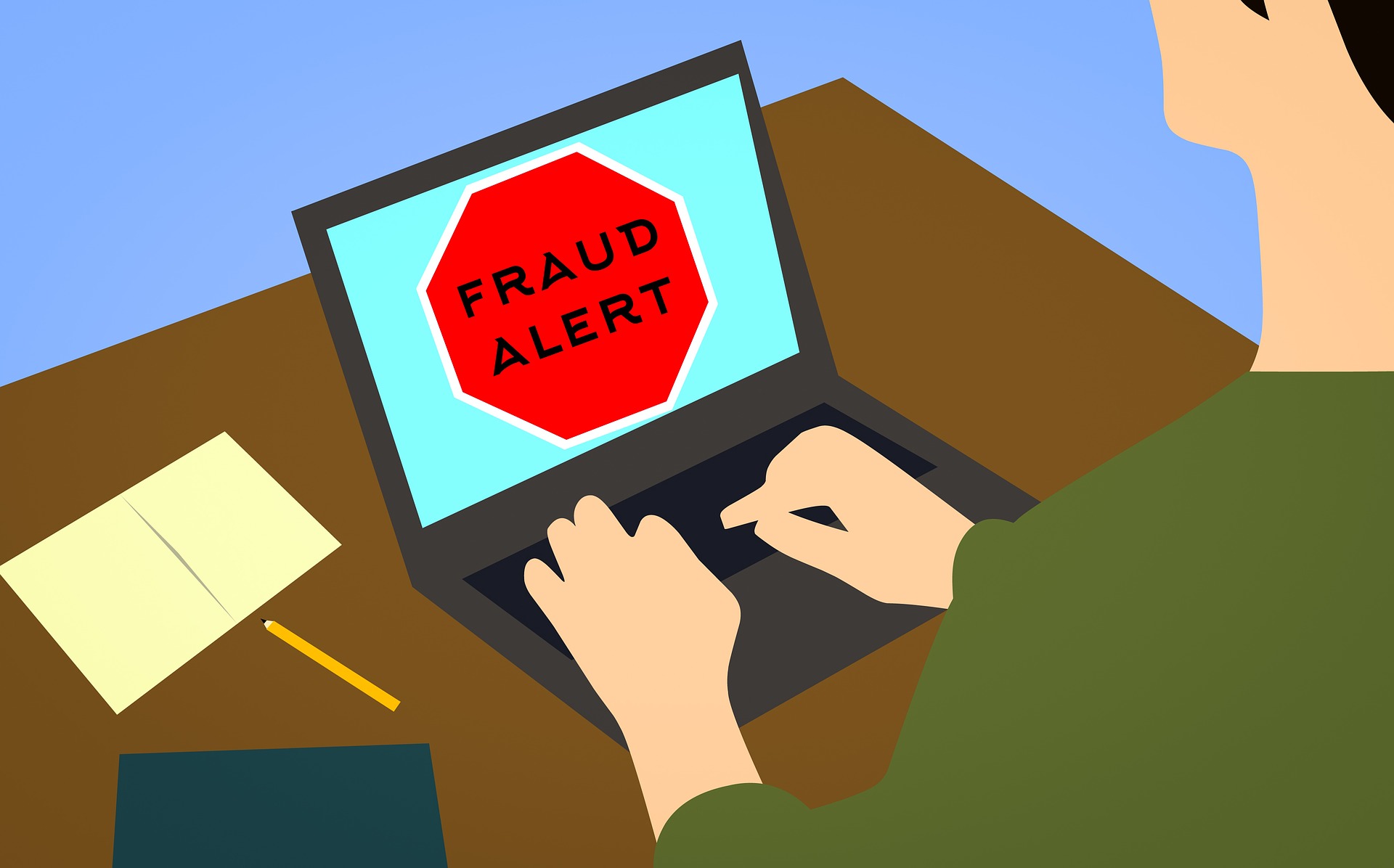Throughout March local police are sharing tips on how to protect yourself from different fraud scams both in the community and online.
Sergeant Kevin Talbot with the Lethbridge Police Service’s Economic Crime Unit said in the city there has been a rise in the number of Facebook Marketplace scams. According to Talbot, these scams are done by the seller sending a link to the buyer to pay for the item.
“They’re asked to fill in the information so that they can e-transfer money,” Talbot said. “You don’t need to do that when you e-transfer anything to anybody, you just need to know where to send it, which is an email address, so what they’re doing is that they’re having to fill out their personal information, including their banking information, and then by the time they are finished, they’ve already drained their bank accounts, because they have access to their bank accounts.”
He explained the number one thing you can do to protect yourself when you are purchasing something online includes not paying for something until you have actually seen the item and are able to pick it up.
“The number one rule is just simply do not do that until you actually see the product. If you know a different thing going to a store, and you actually get to look at the product, sit on it maybe, and hum and haw about it, and then you pay them, and you pick it up, and you take it home.”
Grandparent scams in Lethbridge
Talbot said in Lethbridge there is still a number of grandparent scams happening not only in Canada but across the country. He said these types of scams usually include several players from the person making the phone call to the courier who is picking up the funds.
“Sometimes these couriers are just simply hired by whoever is committing the scam in the first place, and they go and pick up the money, but they’re complicit when they’re involved in these types of things.”
According to Talbot these type of scams happen multiple at a time because the couriers come to the community and will “work” for two or three days before they move on to the next community.
“[They work] until they feel like they’ve done enough and maybe the police are onto them working those files and might actively find them, so they then leave town and then they’ll move on to another community somewhat nearby, like Medicine Hat or Calgary.”
“We did have some success last year, we arrested three individuals who are couriers in these things and we’ve had some success in the courts with that. We do get lucky sometimes when it comes to those things, but the main thing again is don’t send money to someone or give money to someone you don’t know until you’ve verified everything.”
Increase in online crimes across Canada
Talbot said over the past few years there has been an uptick in the number of online frauds across not just Lethbridge but this country.
“This could be anything from receiving a phone call, a text message, an email, a pop-up screen on your computer, anything where technology is used as the vehicle to connect with a potential victim and then scam them out of money or assets of some sort.”
In 2024 there were $638 million dollars in losses reported across Canada, only accounting for roughly five per cent of the losses in the country, because these are the only ones that get reported. Talbot says the actual number is much higher.
The three R’s
LPS advises people to follow the three R’s when it comes to possible issues of fraud which include recognize, reject and report.
“The first R is recognize, we find a lot of victims have done is that they want to check off multiple boxes before they actually come to the conclusion that it’s a fraud. The rule that I would go by is that if anything you’re receiving is unsolicited for sure online, assume that it is a fraud until you prove otherwise. But it’s not necessary to check off all the boxes. If one box gets checked that makes it sound like it’s a scam, then assume it is a scam.”
“The second R is what we call reject, and that’s simply hang up. It’s okay to say no, you’re not missing out on anything. That information will eventually get back to you in the proper channels.”
“The last one is to report it. If you’ve suffered a loss, report it to us. If you haven’t, report it to the Canadian Anti-Fraud Centre.“







